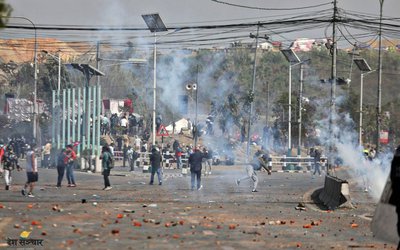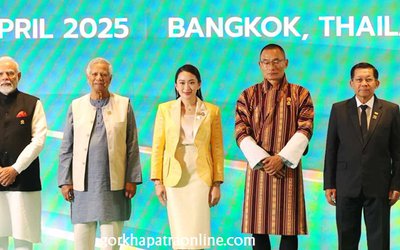More on News
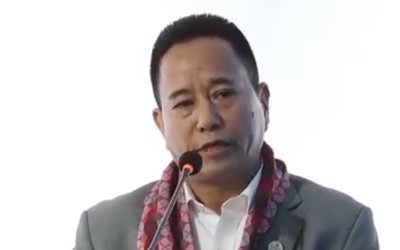
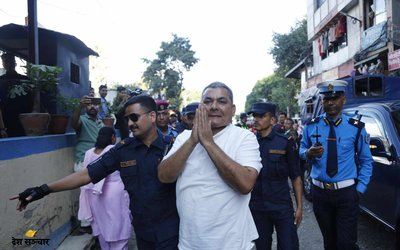

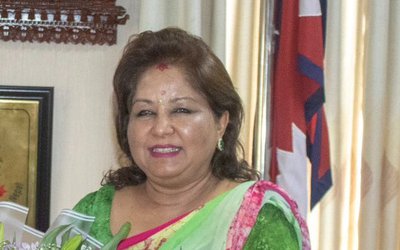
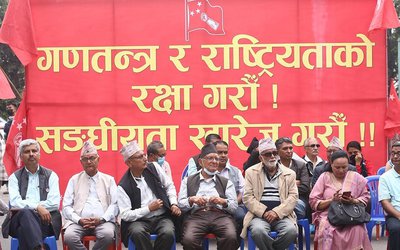
Experts and policymakers today said that eradicating absolute poverty was possible in Nepal through targeted programme and investment in areas such as agriculture, tourism and energy. Addressing a national seminar to mark the International Day for the Eradication of Poverty, Prime Minister Sushil Koirala underscored the need to ensure peace, stability and democratic governance to accelerate development and poverty alleviation.
Arguing that country is afloat through remittances that comprises nearly one quarter of the GDP, the Prime Minister said the Government and parties remain committed to provide stable basis to expedite development and prosperity through a timely constitution.
"There are endless opportunities in Nepal, in areas, particularly in hydropower, tourism and agriculture and a new constitution will pave way for peace and a more stable government, establishing Nepal as a destination for investment," said the Prime Minister.
UN Resident Coordinator and UNDP Resident Representative Jamie McGoldrick called for an effective policy that accelerates growth while not leaving behind the poor and excluded communities.
“Economic growth is obviously a necessary condition for poverty eradication,” said Mr. McGoldrick. “Nepal’s current growth rate needs to go up significantly to generate the resources required to eradicate poverty. However, growth alone is not sufficient – it has to be inclusive by region as well as sub-groups of population.”
According to a press release issued by UNDP, Chief Secretary Leela Mani Paudyal insisted on more focused government investment to create mass employment. He called on the private sector focus on few niches areas and offered his support to any enterprise that can create mass employment opportunities.
All speakers stressed on the need to focus on high growth areas such as agriculture, tourism and energy sector to create prosperity.
“Nepal is a land of endless possibilities,” said Suraj Vaidya, former president of the Federation of Nepalese Chambers of Commerce and Industries (FNCCI). “We do not have problem of resources but what ails us is poor management.” He called on the political leaders to agree on a common economic agenda to create a supportive environment for development and growth. He called on politicians meet the timeline they give themselves.
Former Vice Chair of the National Planning Commission, Dr. Jagdish Pokharel said that Nepal has made significant progress in reducing poverty and that to eradicate absolute poverty and create prosperity it needed to focus on two prong strategy. “Nepal should aim to both eliminate absolute Poverty by directly attack causes of poverty while pushing for high growth trajectory,” Dr. Pokharel said.
Dr Bina Pradhan said that women’s education in household level poverty had the same effect as remittace. She called for recognizing women’s contribution at the household level and more women focused poverty reduction programmes.
Secretary at the Ministry of Cooperatives and Poverty Shreedhar Gautam said that the ministry needs to be capacitated to take a lead in the fight against poverty in Nepal.





